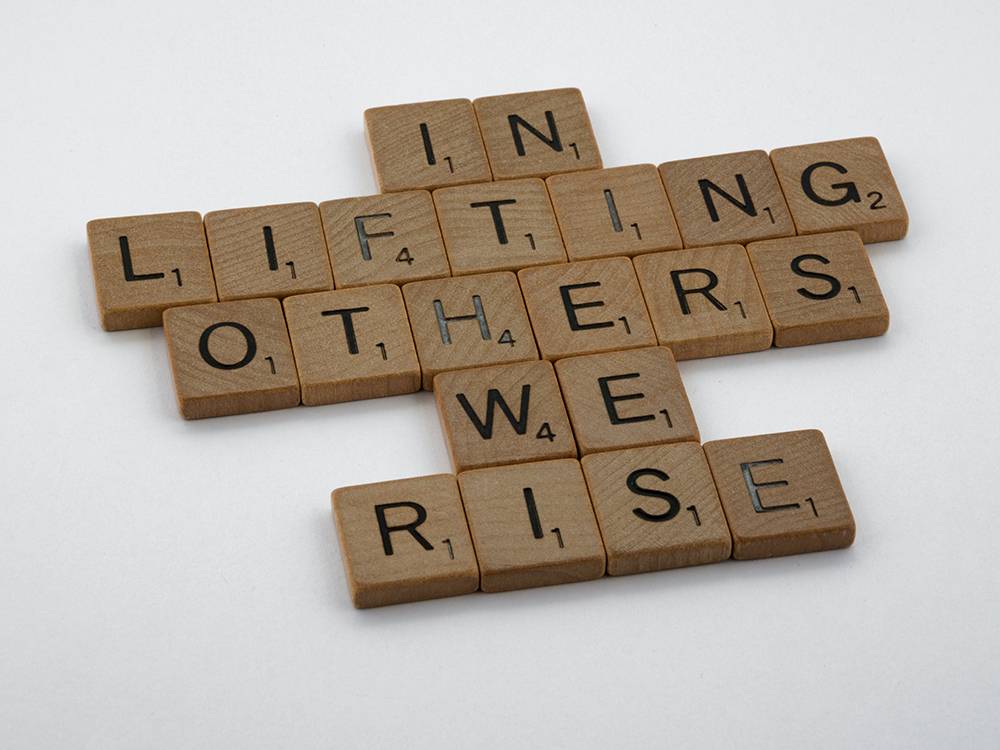Christian Counseling | Learning to Live After Loss

Death is a time of great sadness and fear for those left behind, and many people find it difficult to talk to the person who is grieving. They don’t know what to say or how to help, so often, they keep a safe distance. But during this painful time, it’s more important than ever to love and care for yourself and the people you love.
A person who is grieving is not sick or contagious. Instead of staying away, ask how you can help them. Sometimes there are no words to say, so you sit in silence. Your presence and willingness to listen to their pain without having the answers is one of the best ways to show your loving support.
Human beings are naturally resilient, and most can endure loss and eventually continue with their lives. But some people may struggle with grief for a very long time and lose the ability to function in their daily lives. If you or someone you know is suffering from severe or complicated grief, a psychologist or counselor specializing in grief therapy can help.
“People are like stained-glass windows. They sparkle and shine when the sun is out, but when the darkness sets in, their true beauty is revealed only if there is a light from within.”
—Dr. Elisabeth Kübler-Ross
Moving on With Life
Grief is not a medical condition. There are no pills or surgeries, or medical treatments to make it go away. It is a human experience, and it takes time, patience, compassion, and unconditional love from the people around you as you mourn the death of your loved one.
No one has all the answers, but here are some strategies to help you along your healing journey.
- Share memories of your loved one. Talking about your loved one and sharing memories with friends, families, colleagues, even neighbors can help you process their death. It also allows people to understand and offer support.
- Accept your emotions. In the previous post, we discussed the stages of grief and how they are fluid. You may move back and forth from one to the other or even be in two stages at the same time. It is important to allow yourself to feel whatever emotions are present.
- Practice good self-care. It is imperative that you take excellent care of yourself during this time. Eat healthy food and get plenty of sleep. Your mind and body heal when you are sleeping. Go outside and take a walk. Just go around the block if that is all you can manage.
- Celebrate their life. Many people plan a gathering either the day of the funeral or shortly after to celebrate the life of their loved ones. Family and friends come together and find comfort in each other. They share special moments from the past, and often people bring photo’s for a scrapbook.
Many people find comfort in a routine. They know that they wake up, eat breakfast, walk the dog, go to work, come home, do laundry, cook dinner etc. Planning your days and following a schedule can make this time easier for you and anyone living in the home.
Other coping skills that may help you move through this transitional time include,
- Focus on solving immediate problems and don’t worry about what to do next week or next month.
- Use a journal to write down thoughts, feelings, and memories.
- Try to continue doing activities you usually enjoy.
- Set some small goals that you can reach within a short time frame.
Turn to Spirituality
When a loved one dies, people try to make sense of it. They look for meaning in the tragedy and may wonder why the person had to die. Sometimes they question the purpose of life itself or get angry with God.
Others may find comfort knowing that their loved one is in a better place and at peace. Turning to God or religion can often ease the pain of the loss.
When to Seek Professional Help
Remember, there is no timetable on how long or to what extent you should grieve. Everyone’s journey is different and depends on their relationship and life experiences with the one they lost.
However, your life must go on. If you find yourself stuck in a negative space that prevents you from keeping up with daily life, a professional can help you get back on track.
If you or someone you know shows any indication, they cannot cope, consult a professional grief counselor.
Risk factors indicating a person may need professional help include:
- Losing a job
- Intense anger
- Suicide; thoughts
- Extreme self-disapproval
- Lack of relationships or support systems
- Abuse of drugs or alcohol
- Exposes themselves to unnecessary risks
- Avoids all social interaction
Coping with the death of a loved one is a tragic and stressful time. When your body is stressed, your immune system becomes weakened, and you are more susceptible to catching a virus that can make you very ill.
Some people have a difficult time distinguishing between illness and normal physical responses to stress. You may notice your sleep cycle is disrupted, you can’t eat or concentrate, and you feel sluggish and tired.
Listen to the wisdom within your mind and body. Be good to yourself and reach out for support. Your friends and family want to be the anchor that keeps you steady during this turbulent storm.
Talking to a grief counselor can help you get back to the business of living when you can’t find your way.
Things To Do In Flower Mound, Texas
Flower Mound, Texas News
